Twins
Recent articles
Remembering child psychiatrist Michael Rutter
Sir Michael Rutter, widely hailed as the ‘father of child psychiatry,’ was part of the team that first showed autism has a genetic component. He died 23 October at age 88.
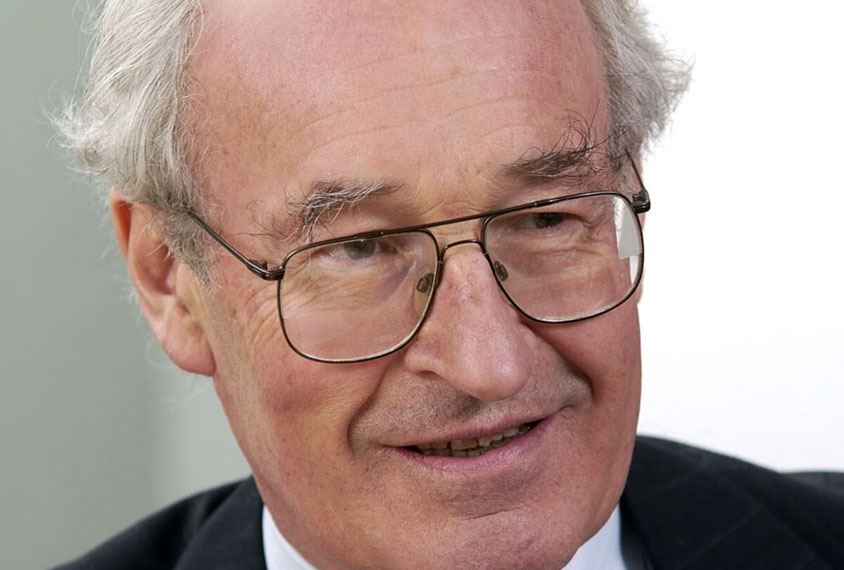
Remembering child psychiatrist Michael Rutter
Sir Michael Rutter, widely hailed as the ‘father of child psychiatry,’ was part of the team that first showed autism has a genetic component. He died 23 October at age 88.
Genetic roots of sleep issues, autism may be entwined
The same genetic factors may underlie both autism and autistic people's tendency to have sleep problems, such as insomnia.
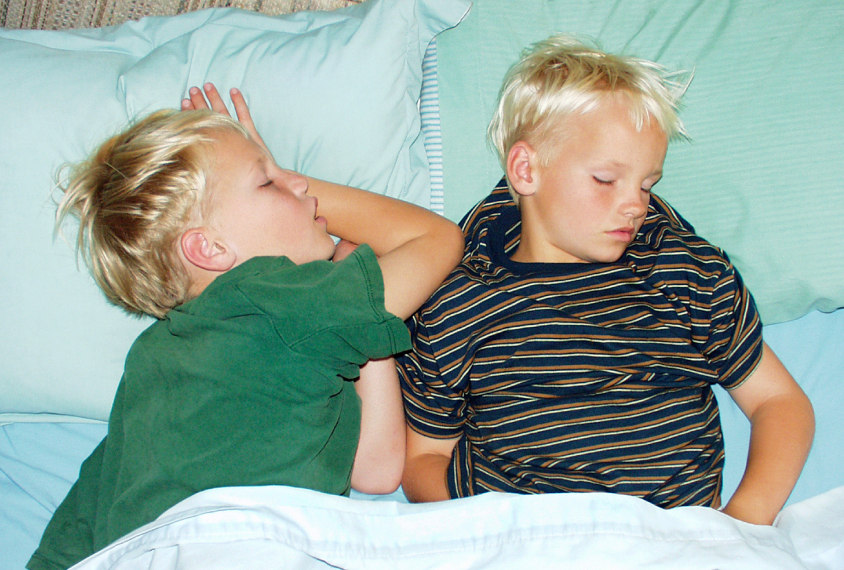
Genetic roots of sleep issues, autism may be entwined
The same genetic factors may underlie both autism and autistic people's tendency to have sleep problems, such as insomnia.
Q&A with John Constantino: Solving the biomarker conundrum
Biological factors that reflect autism’s roots may differ from those that influence how severe the condition is. Failure to make a distinction has stymied the search for biomarkers.
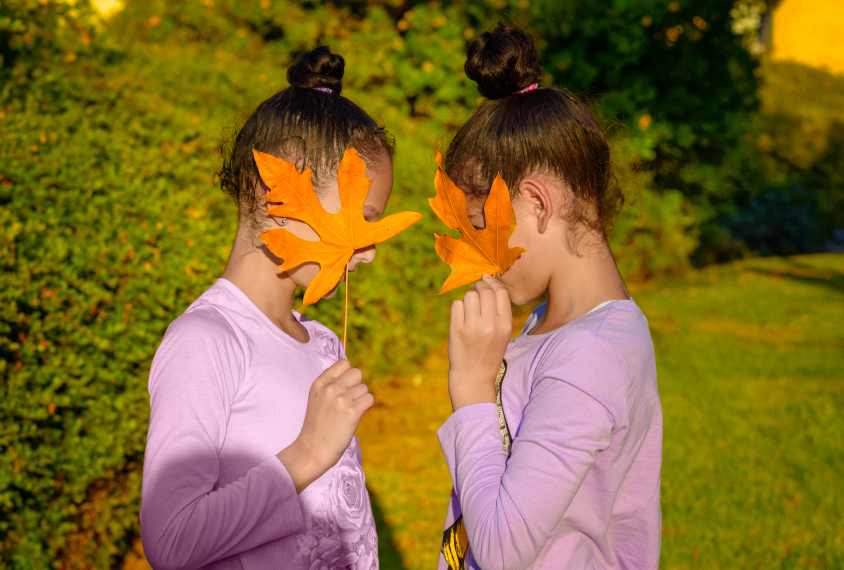
Q&A with John Constantino: Solving the biomarker conundrum
Biological factors that reflect autism’s roots may differ from those that influence how severe the condition is. Failure to make a distinction has stymied the search for biomarkers.
Autism genetics, explained
The more scientists dig into DNA, the more intricate its contribution to autism seems to be. Here, we unravel the complex genetics of autism.
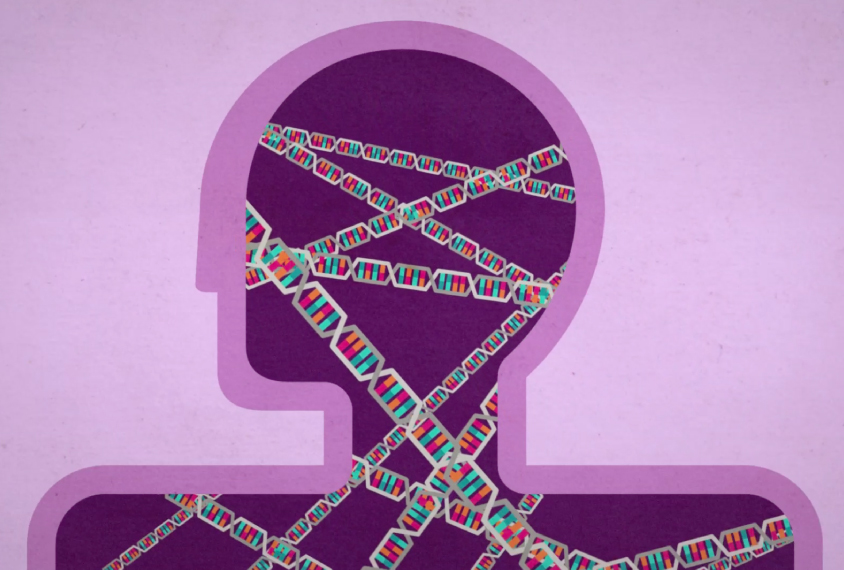
Autism genetics, explained
The more scientists dig into DNA, the more intricate its contribution to autism seems to be. Here, we unravel the complex genetics of autism.
Childhood autism traits linked to hypomania in adolescence
Children with autism traits tend to show agitation, excitability, decreased sleep and other mild signs of mania in adolescence; the association is higher in identical twins than fraternal twins, suggesting that genetics plays a role.

Childhood autism traits linked to hypomania in adolescence
Children with autism traits tend to show agitation, excitability, decreased sleep and other mild signs of mania in adolescence; the association is higher in identical twins than fraternal twins, suggesting that genetics plays a role.
Genes drive autistic people’s reactivity to environmental cues
Genes influence how autistic people react to sights, sounds and other sensory cues, whereas environmental factors shape their tendency to notice and seek out such stimuli, a new study in twins suggests.

Genes drive autistic people’s reactivity to environmental cues
Genes influence how autistic people react to sights, sounds and other sensory cues, whereas environmental factors shape their tendency to notice and seek out such stimuli, a new study in twins suggests.
Environment may have outsized effect on brain structure in autism
Environmental factors influence brain structure in autistic children more than in non-autistic children, according to an analysis of imaging data from twins.

Environment may have outsized effect on brain structure in autism
Environmental factors influence brain structure in autistic children more than in non-autistic children, according to an analysis of imaging data from twins.
Genes’ influence on social behaviors shifts with age
Some social behaviors associated with autism are heritable, but the extent to which genes and the environment influence these behaviors changes as a child grows.

Genes’ influence on social behaviors shifts with age
Some social behaviors associated with autism are heritable, but the extent to which genes and the environment influence these behaviors changes as a child grows.
Environmental factors unlikely to account for rise in autism prevalence
The relative contributions of genetic and environmental factors to autism have held steady over multiple decades, according to a large twin study.

Environmental factors unlikely to account for rise in autism prevalence
The relative contributions of genetic and environmental factors to autism have held steady over multiple decades, according to a large twin study.
Autistic people have increased incidence of neurological problems
People with autism have more brain-related health problems, such as headaches and epilepsy, than typical people do.
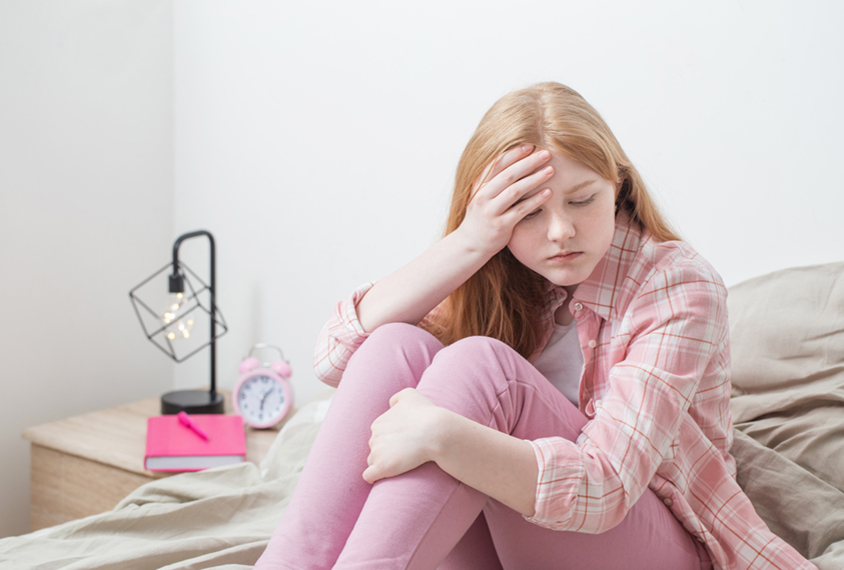
Autistic people have increased incidence of neurological problems
People with autism have more brain-related health problems, such as headaches and epilepsy, than typical people do.
Explore more from The Transmitter
How insights from network theory can boost interdisciplinary efforts
Communication on one interdisciplinary research team improved after the researchers turned an analysis technique used to study the brain on themselves and identified the roles people played in lab meetings.
How insights from network theory can boost interdisciplinary efforts
Communication on one interdisciplinary research team improved after the researchers turned an analysis technique used to study the brain on themselves and identified the roles people played in lab meetings.
Frameshift: Raphe Bernier followed his heart out of academia, then made his way back again
After a clinical research career, an interlude at Apple and four months in early retirement, Raphe Bernier found joy in teaching.

Frameshift: Raphe Bernier followed his heart out of academia, then made his way back again
After a clinical research career, an interlude at Apple and four months in early retirement, Raphe Bernier found joy in teaching.
Organoid study reveals shared brain pathways across autism-linked variants
The genetic variants initially affect brain development in unique ways, but over time they converge on common molecular pathways.

Organoid study reveals shared brain pathways across autism-linked variants
The genetic variants initially affect brain development in unique ways, but over time they converge on common molecular pathways.